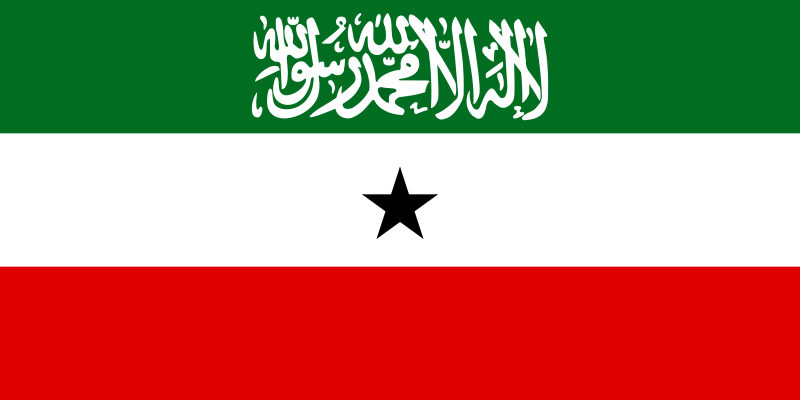Recently, three Somaliland citizens were killed in Somalia's capital following the Memorandum of Understanding (MoU) between Somaliland and Ethiopia. This event marks a new and alarming trend of targeted killings, deviating from past decades when individuals were not typically targeted based on their national identity amidst Somalia's ongoing turmoil.
The root of this hostility can be traced back to the aftermath of the MoU signing and the Las Anod conflict. Since then, there has been a systematic and brutal campaign against Somalilanders, initiated by certain factions within Somalia's leadership. These factions have labelled Somalilanders as Jews, displaying blatant bigotry. They have equated them with terrorist groups, declared a so-called Jihad, and even issued Fatwas against supporters of the MoU. Moreover, Somalian Americans like Ilhan Omar have labelled Somalilanders as imposters and not genuinely Somali.
This hostility is not a new phenomenon. It continues a historical pattern of neglect and aggression, exemplified by the international community's inaction during the Isaaq Genocide, which saw 200,000 people killed without global intervention or outcry.
Given this backdrop, the insistence by some that Somaliland and Somalia should unite is perplexing. For 33 years, the world has disregarded the sovereign, non-secessionist status of Somaliland. By neglecting Somaliland's legitimate aspirations for recognition and enabling Somalia's aggression, the international community indirectly contributes to the hostility faced by Somaliland.
International relations principles state that recognition is granted by sovereign states. However, senior US diplomat Molly Phee has suggested that Somaliland should seek recognition from this hostile, undemocratic, and genocidal leadership. This recommendation contradicts previous US positions, as the prior administration supported diplomatic relations between Somaliland and Taiwan as a national security interest. This inconsistency raises the question: why is the MoU with Ethiopia considered against US national interests? According to Mike Hammer, the MoU between Somaliland and Ethiopia has sparked outrage from Somalian authorities and Al-Shabaab alike. This narrative towards appeasement of terrorist groups was short-lived, as Somalia subsequently negotiated a deal with Turkey, which Al-Shabaab claimed was worse than the Somalilad MoU.
This situation illustrates US Machiavellian diplomacy in the Horn of Africa and raises doubts about the US's adherence to its professed international “rule-based order”. In terms of policy towards Somaliland, the US lacks a clear national let alone international stance. While Molly Phee has advocated for a Somalia-first policy, the Bush administration supported Somaliland recognition, and the Obama administration introduced a dual-track policy where Somaliland is dealt with directly. Interestingly, under the Biden administration, the US Congress passed a law to consider working directly with Somaliland under the NDAA 2023. Notably, within the White House, officials familiar with Somaliland before their appointments are present. For example, US Secretary of Transportation Pete Buttigieg has advocated for Somaliland recognition, and Biden Senior advisor Hamse Warfa attended a Somaliland independence day celebration. Furthermore, Judd Devermont of the White House has acknowledged the Isaaq genocide and expressed curiosity regarding the number of diplomatic offices in Hargeisa. This inconsistency alone highlights how the US contradicts the rule-based order since it opposes an unwritten international law (customary law) that suggests major countries should engage directly with Somaliland and establish offices there. Last but not least, Biden Democracy summit has never invited Somaliland; the only democracy in the horn of Africa.
If aliens landed in Somaliland and discovered it is not globally recognised, they would likely conclude that human values are synonymous with chaos, conflict, authoritarianism, and dependency and that is why they ignore Somaliland. It's time to shift from questioning why the world does not recognise Somaliland to questioning why entities like the Biden administration exhibit passive hostility towards it. This shift should initiate a re-evaluation of attitudes and policies towards Somaliland, considering both moral perspectives and the positive regional impacts of normalising its recognition.

